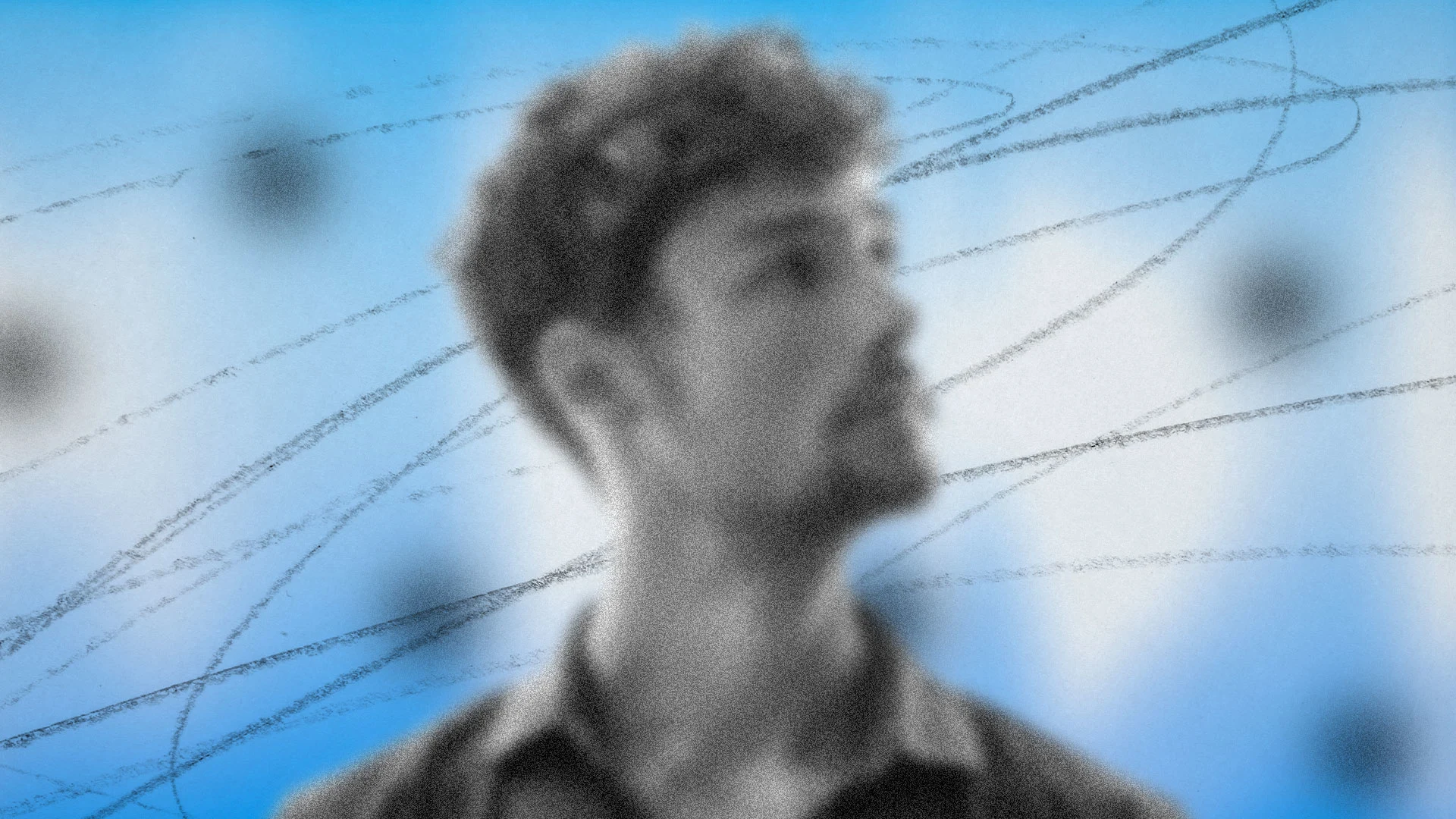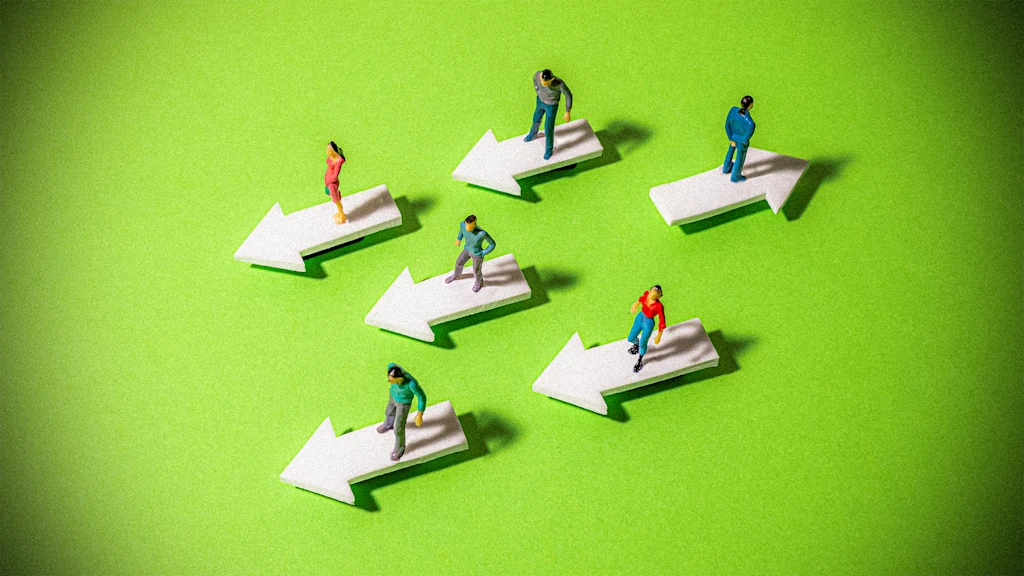#habits
#habits
[ follow ]
#productivity #behavior-change #motivation #aging #relationships #identity #mindfulness #mental-health #consistency
Psychology
fromSilicon Canals
1 week agoPeople who wash dishes immediately after cooking usually have these 9 personality traits linked to mental clarity - Silicon Canals
Immediate small habits like washing dishes signal strong impulse control and executive function, producing greater mental clarity, focus, and cumulative cognitive benefits.
fromPsychology Today
2 weeks agoThe Harmony of Self-Care
Sitting in the audience, listening to these professionals in perfect harmony, brought me back to my days in the band. I wasn't good, it was mandatory, and I played the trombone. I desperately wanted to quit. We couldn't have backpacks in school, so I walked through the halls lugging my trombone in my right hand and books under my left armpit. This made me a perfect target for a bully or two to come up behind me and smack the books out from under me.
Wellness
fromSilicon Canals
3 weeks ago8 things naturally fit people do without thinking that out-of-shape people force themselves to do - Silicon Canals
I used to think they were just genetically blessed or had superhuman willpower. But after years of observation and my own fitness journey, I've realized something crucial: naturally fit people don't force themselves to do healthy things. They've simply developed habits that run on autopilot. Meanwhile, those struggling with fitness are constantly battling themselves, forcing behaviors that feel unnatural and exhausting.
Exercise
Games
fromInside Higher Ed | Higher Education News, Events and Jobs
3 weeks agoSome things aren't games, school is one of those things.
External scores, streaks, and game metrics can commandeer attention and emotion; stepping away reveals freedom from socially constructed goals and time-sink pressures.
Mindfulness
fromSilicon Canals
4 weeks agoPsychology says people who eat the crust first display these 6 traits about delayed gratification that predict financial success - Silicon Canals
Crust-first eating reflects a tendency toward delayed gratification linked to traits associated with financial stability and long-term decision-making.
Relationships
fromSilicon Canals
1 month agoIf you want better relationships, say goodbye to these 8 subtle behaviors that create distance - Silicon Canals
Subtle habitual behaviors like phone-checking and unsolicited problem-solving quietly create emotional distance and sabotage relationships unless consciously changed.
fromBustle
1 month agoYour Tarot Reading For The Week Of January 26 - February 1
Throughout the week, keep an eye out for all the habits that keep you on edge - like waking up super late, putting off projects, leaving texts on read, driving around on E - and make it your mission to stop. Get the gas, answer your friend, set the alarm. Even if you just change one thing, it could relieve some pressure, and add some much-needed structure into your schedule.
Philosophy
Mindfulness
fromSilicon Canals
1 month agoOprah says if you want a happier life, stop doing these 8 habits that drain your self-worth - Silicon Canals
Habitual behaviors like comparison and seeking external validation erode self-worth, but recognizing and changing eight specific habits can restore lasting self-esteem.
fromFast Company
1 month agoWarren Buffett on the everyday habits that quietly build extraordinary success
Sometimes Warren Buffett says something so simple, so obvious, that you almost want to roll your eyes. At 95 years young, he has offered plainspoken advice that has shaped one of the most successful careers in history. But when you hear it, you know it's truth and part of you wonders: Why haven't I applied this yet? When we slow down long enough to sit with some of his wisdom-really let it sink in, not just skim it on our phones-
Business
fromPsychology Today
1 month agoThe One Choice That Matters This Year
First, it is wired to conserve energy. When the brain detects repetition, it builds automated shortcut circuits-habits-that allow us to act with minimal effort or conscious thought. Once a habit forms, it is stored in a more automatic part of the brain. A simple trigger can then launch an entire behavioral sequence with very little energy-much like clicking a shortcut on a computer. This is not a flaw. It is an extraordinary efficiency feature.
Psychology
fromPsychology Today
2 months agoThe Greatest Block to Your Personal Growth
Are there people you wish you could be more like? You have goals, such as to speak up more, to stop and breathe when you get angry, or to listen with more curiosity before declaring your opinion. You set these self-improvement goals and then find reasons for not changing now, or you simply forget them. Your desire to transform is real, but your brain is sabotaging your goals.
Psychology
fromPsychology Today
2 months agoBalancing the Quiet and The Loud
It sells us the idea that joy and celebration are a must; yet for many, it can also be a season of amplified loneliness, grief, and interpersonal conflict. It intensifies the pressure to consume, yet still gives us the possibility of being creative and sustainable in our giving and receiving. It offers us the opportunity for new beginnings, as much as it can remind us of how difficult it is to change, even when we want to.
Mindfulness
fromwww.theguardian.com
4 months agoI tried to not procrastinate for a week. Here's what helped the most
I have no idea how to make myself do things in the consistent, reliable way that others seem to: work out, get dressed, cook a veg bowl, book appointments. On rare days, I miraculously do them all. Most others, I thumb screens, nap relentlessly and eat neon-colored snacks covered in sugar and salt. After seven years of freelance life, it's gotten dire.
Productivity
fromPsychology Today
4 months agoWhy We Act Against Our Values and How to Change
Our mental system constantly generates expectations about what will happen next, including what we ourselves are likely to do, think, or feel. These expectations are often outside of awareness, but they quietly shape our behavior: We tend to act, think, and feel in ways that fit our expectations. As a result, the system becomes self-reinforcing: When our expectations are confirmed, they grow stronger, making the predicted behavior feel even more natural next time.
Mental health
fromBig Think
4 months agoAddictions and habits, explained by a neuroscientist, a psychologist, and a journalist
Why are bad habits so hard to break? Neuroscientist Carl Hart, PhD, journalist Charles Duhigg, and psychologist Adam Alter, PhD explain how your brain wires habits as cue-routine-reward loops that control nearly half of your daily life. They show why willpower alone rarely works, why technology fuels new forms of addiction, and why habits can only be replaced, not erased.
Science
fromwww.berkeleyside.org
5 months agoDish of the week: Spaghetti pomodoro e burrata from Belotti
I am a creature of habit and of comfort. This is not to say I'm an unadventurous eater; I'll give almost anything a try, so long as it doesn't include goat cheese or Brazil nuts. (The former is a taste thing, the latter a nonsensical allergy.) Left to my own devices, however, I return again and again to the things I know and love: my favorite feel-good movies, the same local coffee shop, the same old hotels in the same old cities.
Food & drink
fromMail Online
6 years agoAmazon is selling a bracelet that give you an electric ZAP
The Pavlok bracelet gives users a penalty of a 350-volt electric shock every time they step out of line. It works for a wide range of nasty habits including smoking, sleeping in, spending too much time on the internet and even sleeping in.
Wearables
[ Load more ]





















